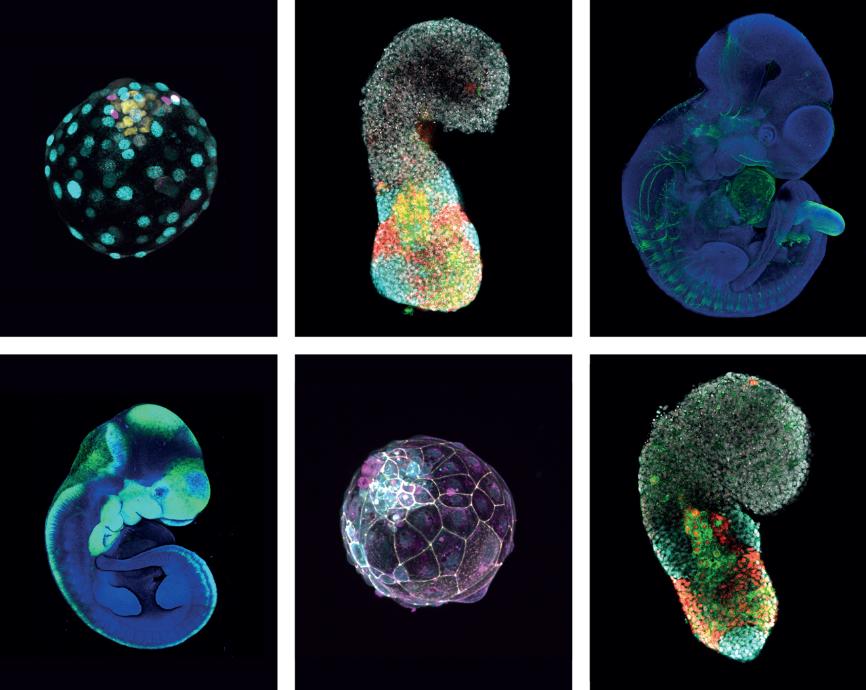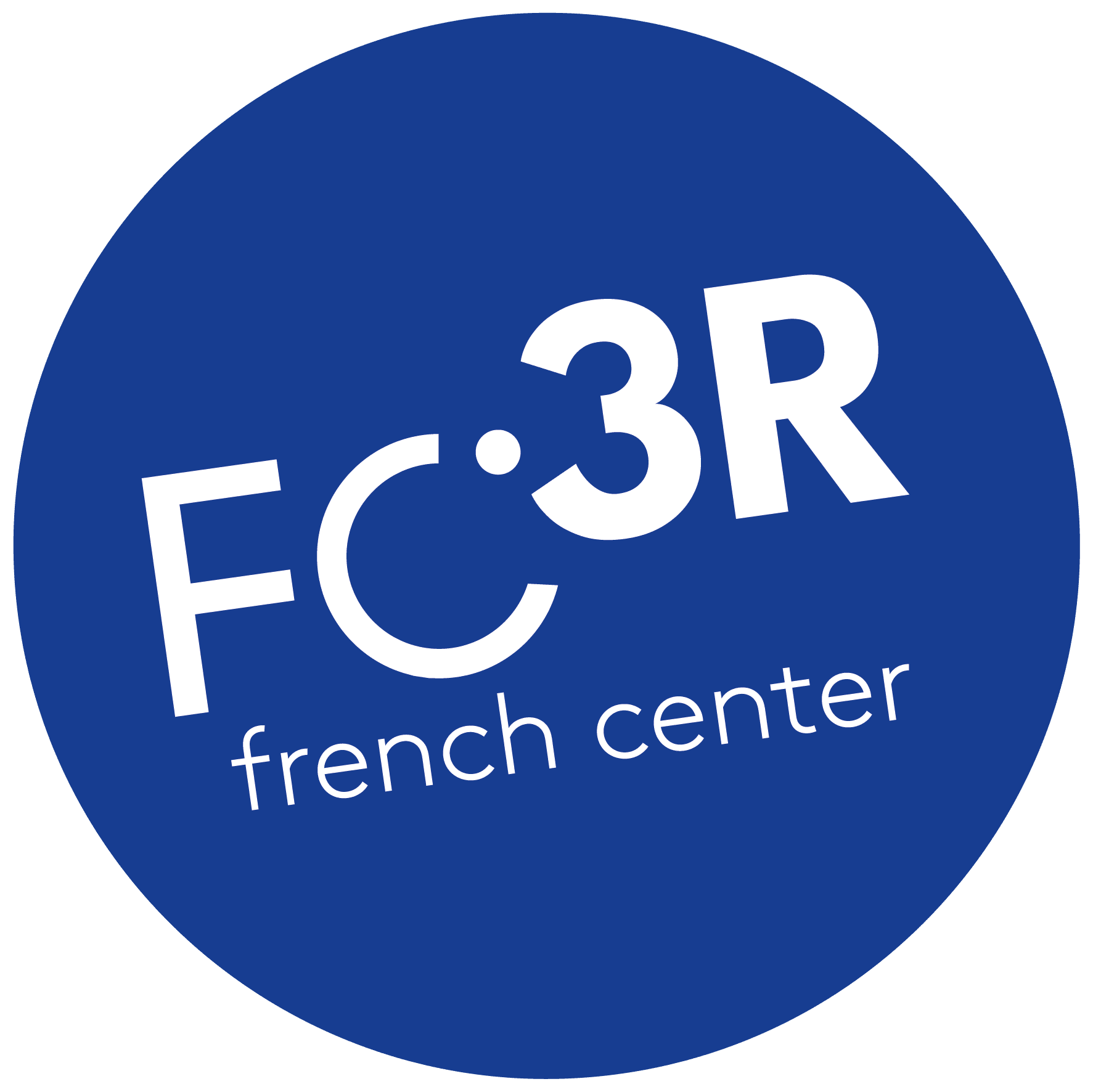
About the Collège de France

The international chairs of the Collège de France allow inviting professors who remain mainly affiliated with a university or research organization located abroad.
Denis Duboule holds the international chair "Evolution of genomes and development". He is a professor of genetics at the University of Geneva and at the École polytechnique fédérale de Lausanne (EPFL).
Professor Denis Duboule proposed to address this mediatic subject by organising the meeting "the construction of mammalian embryos in vitro" at the Collège de France on 15 June 2022 and inviting several leading experts in the field to present their work.
Understanding the mechanisms underlying the creation of an embryo from a few cells remains an open question in embryology and regenerative medicine.
A major step forward was taken when the first embryonic stem cells were obtained in mice in 1981 and then in humans in 1998.
In 2006, a breakthrough was achieved by a Japanese team with the possibility of obtaining pluripotent cells, iPS, from the somatic cells of our tissues.
These different stem cell lines can be grown in vitro, amplified, frozen and exchanged without ever using animals or humans.
These totipotent and pluripotent cells hold the promise of one day being able to repair humans. The prerequisite for this is to understand how cells self-organise and communicate to differentiate, multiply and ultimately form an organ.
The various speakers presented advances in understanding the mechanisms underlying the formation of vertebrate embryos and organs in vivo. They also showed extraordinary breakthroughs in "stembryogenesis" with in vitro reconstruction and modelling from stem cells. But also several key stages of embryonic development with "gastruloids" (Alexandre Mayran, Jesse Veenvliet), "blastoids" (Nicolas Rivron) or "embryoids" (Benjamin Steventon).
Organogenesis was also discussed for the pancreas (Anne Grapin-Botton) and the heart (Sigolène Meilhac).
The meeting ended with the presentation of an incredible advance in the in vitro growth of murine embryos (Jacob Hanna) over several days, from early pre-implantation stages to very advanced* post-implantation stages, freeing the maternal context which seemed to be unavoidable.
It emerged from this day that, in the extremely competitive and complex field of embryology, replacement is becoming a reality with the will to work on cellular models that no longer, or much less, use animals.
These cellular models, far from being perfect, can be reproduced on a large scale to set up screens for pathologies during key stages of embryogenesis.
This work opens the way to the possibility of recreating in vitro organs from patient cells that are fully compatible for transplantation.
It is also a major step forward for the 3Rs, as there is no direct use of animals to generate thousands of embryoids that are useful for fundamental research, for understanding pathologies linked to the early stages of development and for embryotoxicity testing.
*Directive 2010/63/EU on the protection of animals used for scientific purposes applies to live non-human vertebrate animals, including mammalian foetal forms from the last third of their normal development.
